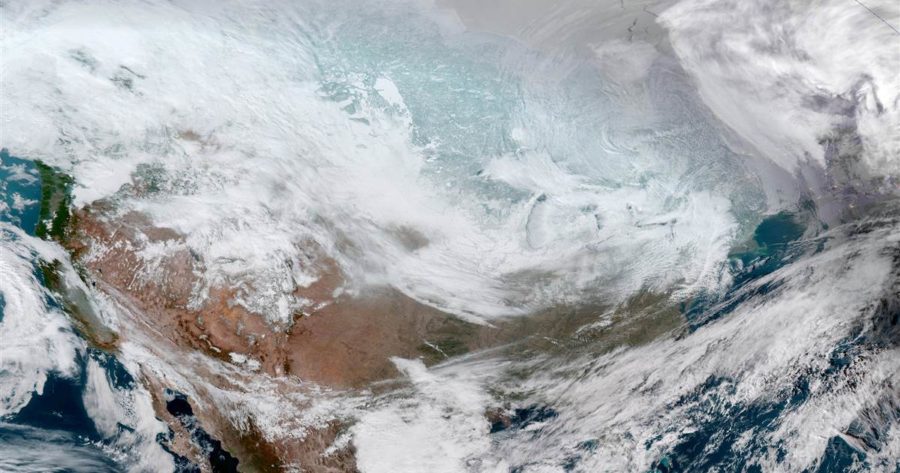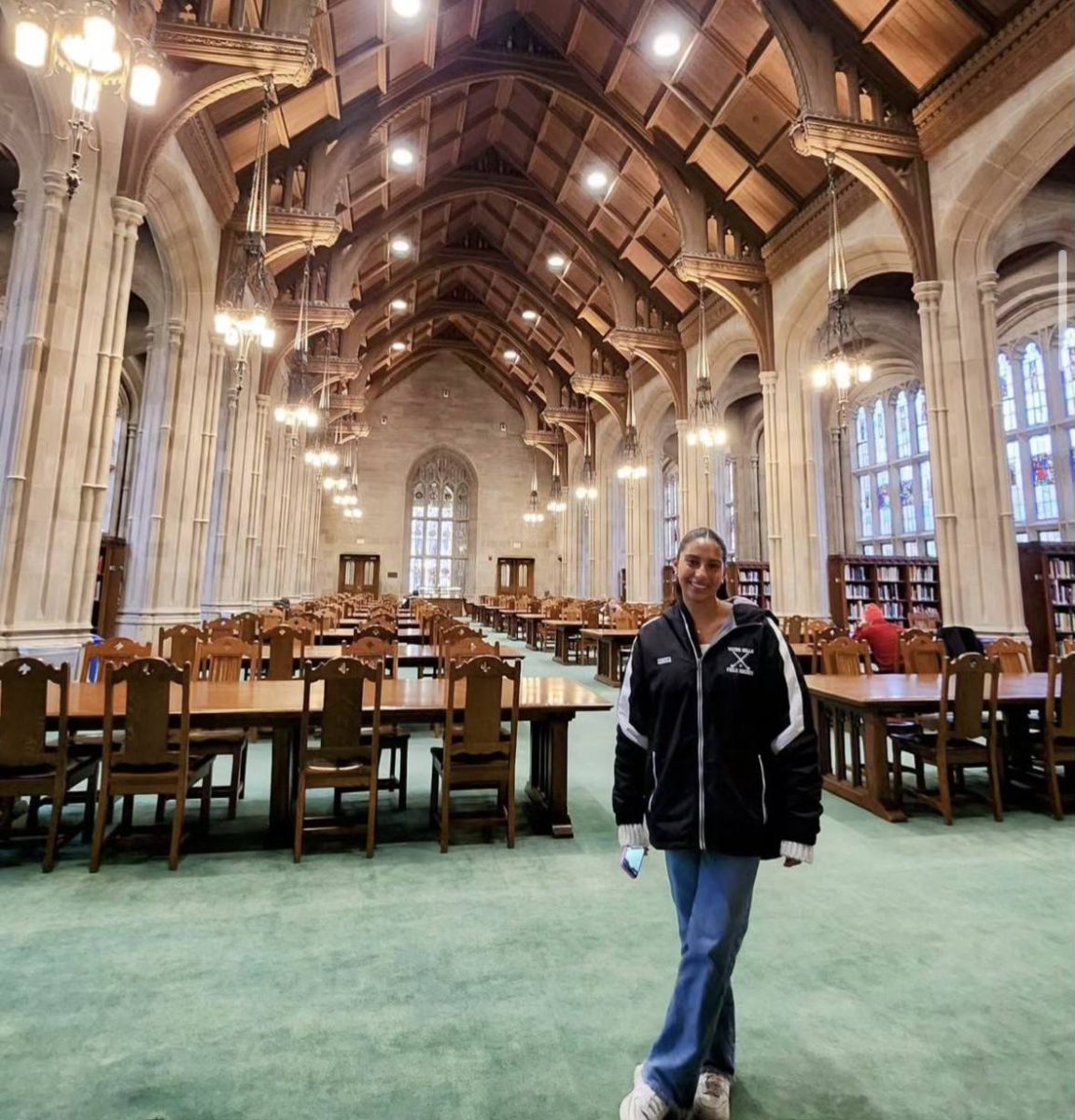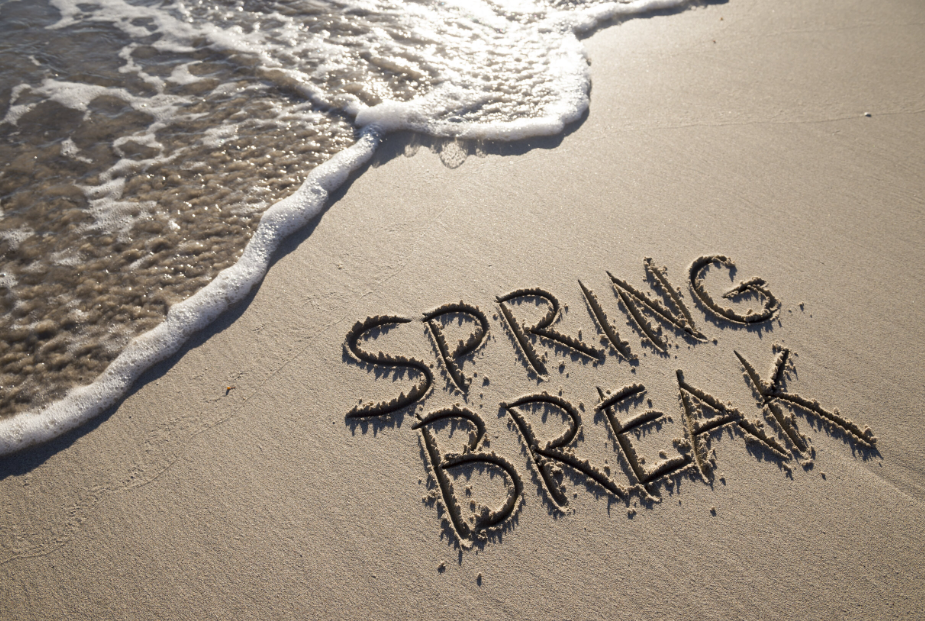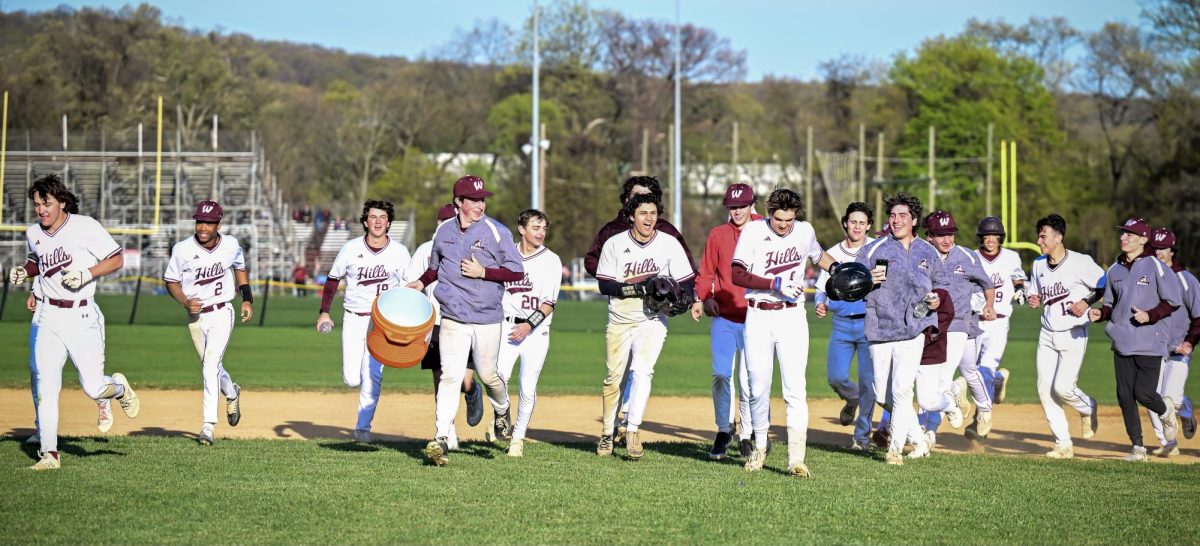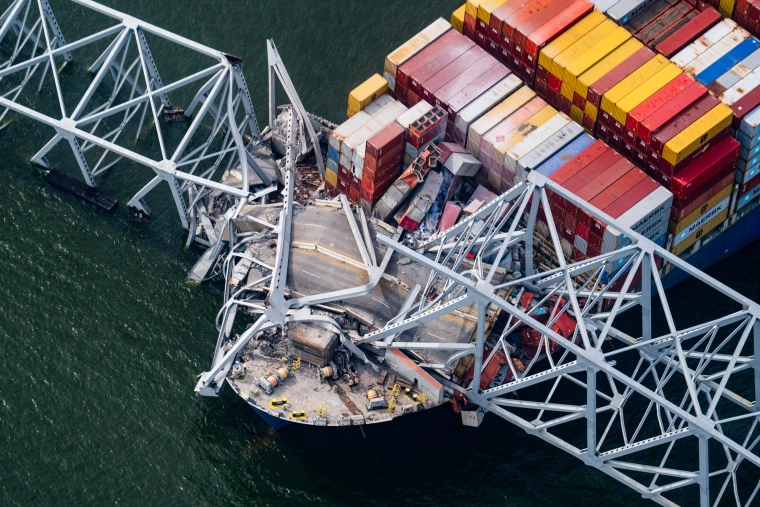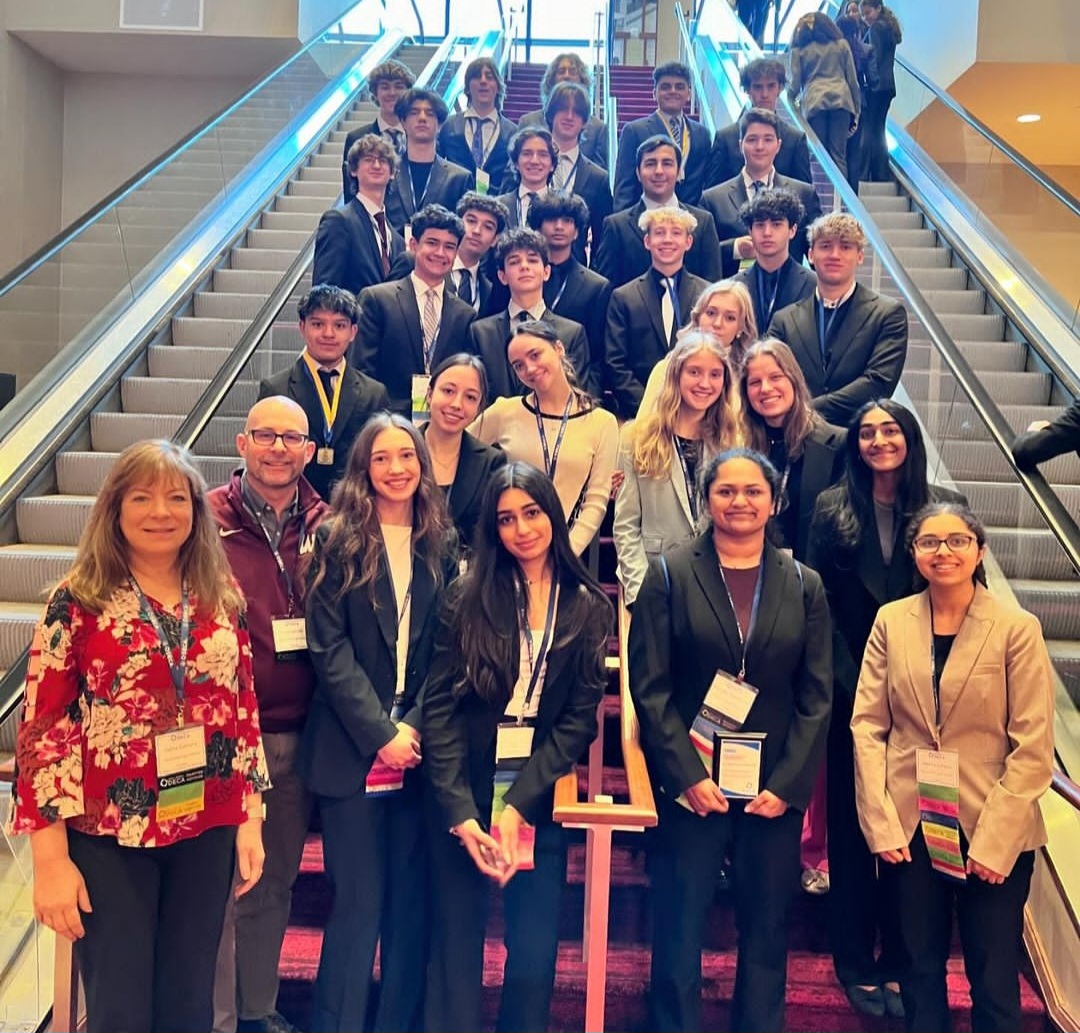Life-Threatening Cold Temperatures in the Midwest
February 7, 2019
As the winter months progress in the United States, record-breaking temperatures have swept over areas of the nation including Minnesota and other parts of the Midwest.
In late January, a polar vortex caused temperatures to reach -26 degrees in North Dakota and -62 degrees in Minnesota due to the strong windchill. Chicago reached -21 degrees, six degrees shy of its record temperature, 27 degrees below zero. State governments have taken action in response to the dangerously cold temperatures, declaring states of emergencies in Wisconson, Illinois, and Michigan. Many schools also closed temporarily to ensure safety among students.
At least 21 deaths have been reported in the Midwest involving individuals, many homeless, freezing to death on streets. In Chicago, hospitals have been extremely busy treating frostbite victims. According to a CNN article, “doctors at one facility during the brunt of an Arctic freeze [treated] 50 frostbite victims, including some people who may lose an arm or a leg.”
The polar vortex also affected parts of the Northeast to a lesser degree.
“I think that we actually needed the cold because this winter hasn’t been that cold at all,” said junior Stella Park, who also acknowledged that “the cold we got is not comparable with the polar vortex in the Midwest.”
Temperatures have strangely increased since the polar vortex. In Chicago this week, the temperature reached 50 degrees and “witnessed a 100-degree swing in the feels-like temperature in five days,” according to an article from The Washington Post. Other cities that experienced a similar shift in temperatures included Rockford, Buffalo, and La Crosse.
“[The weather] has been really bad for people with allergies and has kept making me sick,” said junior Alyssa Miller.
Although Punxsutawney Phil announced an early spring on Groundhog Day on February 2nd, cold fronts may return to Midwestern and Northeastern cities in the next couple of days. “The sudden fall and rise of the temperature is alarming because it shows that the environment is not like how it used to be,” Park added.



